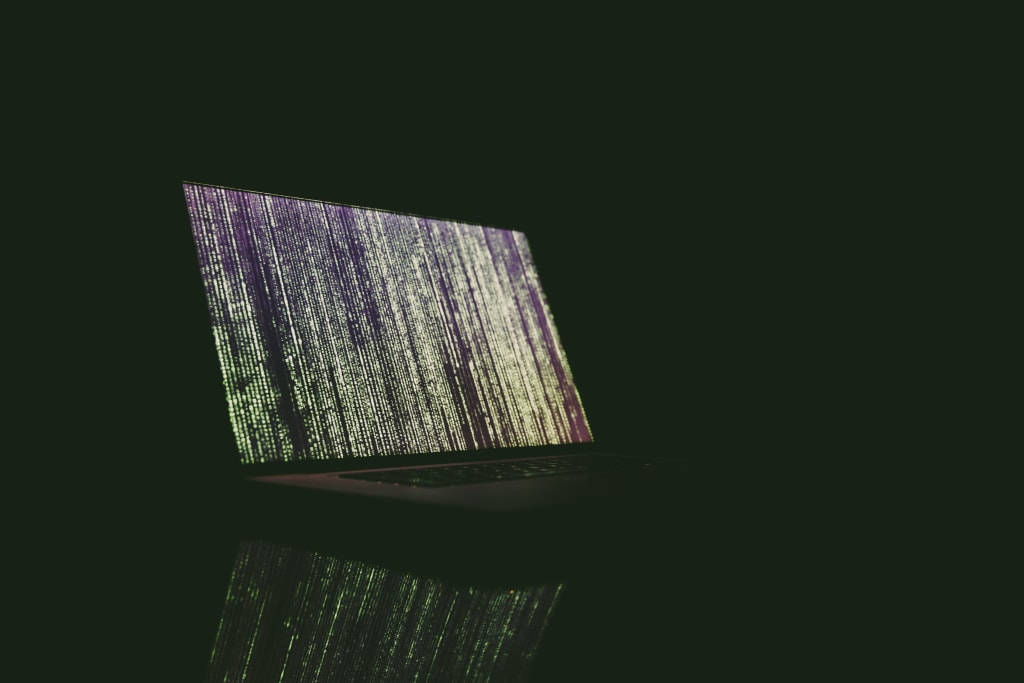
My next interview subject introduced himself awkwardly but affably, then stood beaming at me, unsure of what to do with himself.
I ushered him into a chair as I finished setting up and watched him fidget out of the corner of my eye. I liked him right away, he looked intense and interesting. In fact, he looked perfect, just like how an old scientist should look, white beard, unruly hair, odd socks, intelligent but kind eyes. I prayed he’d give a good interview too.
He started talking before I was ready, he seemed eager to start. “So, what was it you wanted to talk about, something to do with my research? Do you want to talk about the gorillas?”
He looked so hopeful it was a shame not to, but I knew how much the old scientists loved to talk about their research, fond memories of better days I guess? “Sorry, afraid not.” I replied. “I’m here to talk to you about the end of science.”
His smile fell. “Oh, that.” He crossed his arms and legs.
Ready now, I turned the cameras on with a quick hand gesture. “Can you tell me about how it started please? Can you tell me when you first began to use artificial intelligence in your research?”
His face brightened again. “Well, it actually began with the gorillas. My group was studying them in Virunga National Park you see. Or at least we were trying to, it was tough jungle and gorillas are surprisingly difficult to track for such large animals. We’d spend hours, sometimes days, locating them, then often they’d vanish again at the first sight of us. It was very frustrating. Then one of my postdocs suggested we try using autonomous drones. I was sceptical, but agreed, she was so enthusiastic and we were getting desperate.”
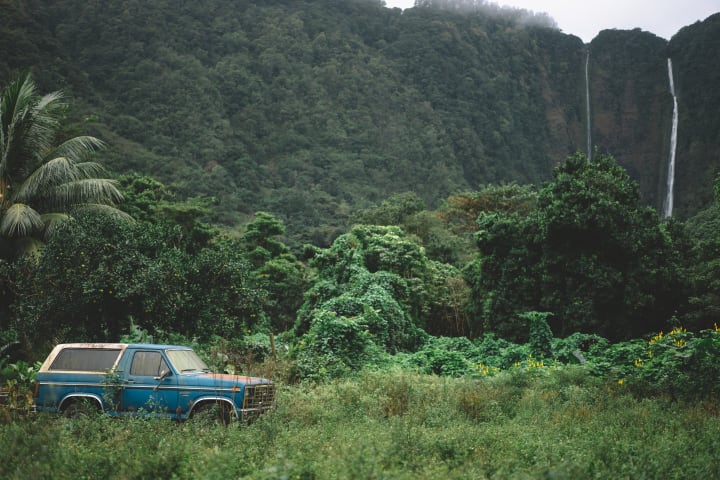
“And they worked?” I asked.
“They were a revelation.” His eyes sparkled. “We released clouds of them, small as your fingernail. They flew off from basecamp without a sound and within 24 hours they were observing every gorilla in Virunga.”
“That must have been a big help for your research?” I asked.
“They were astounding, they recorded everything! Every gesture, every interaction, every behaviour, what the gorillas ate, how long they slept for, who mated with who, absolutely everything.” He spread his hands wide as he spoke. “We even adapted drones to take DNA samples from the gorillas as they slept.” He shook his head at me to emphasise the wonderment of it.
“And this was an improvement on your previous research?”
His hands were back in the air again, “it was incredible! The drones allowed us to create the perfect dataset. They gave us insights into gorilla behaviour and ecology that would have been impossible to achieve otherwise, all without us leaving camp.”
“So they were the perfect research assistants, even better than grad students?”
He smiled at my attempted joke, then carried on. “Oh no, they had their problems, just like grad students. Our Virunga dataset was perfect, but massive. In one field season we recorded millions of hours of video, and it would have taken us decades to analyse it all. So we bought another AI to do it for us, an algorithm that learnt to analyse and code our data quickly and flawlessly.”
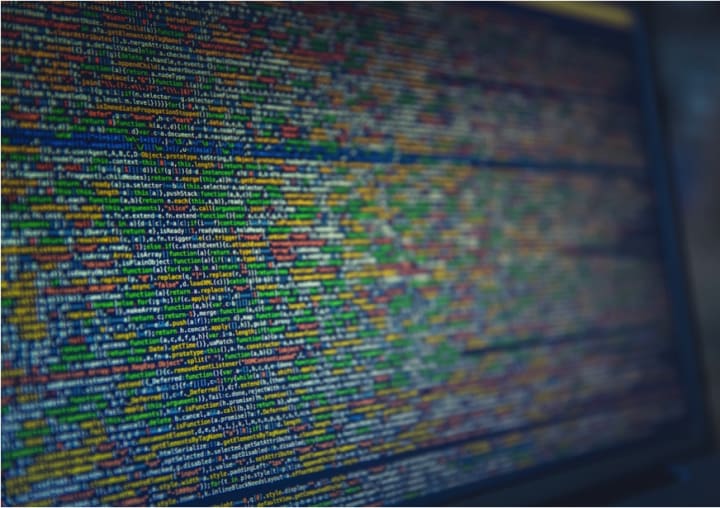
“So the AIs did all the grunt work, allowing you to focus on the intellectual side?”
He looked at his feet like a guilty schoolboy before he looked back up at me. “Actually, it wasn’t quite so simple. You see, I was never comfortable with statistics. I think most scientists are the same, we use stats everyday, but most of us aren’t actually statisticians and we never know the techniques as well as we really should. There’s a constant fear that gnaws at you, are you using the right techniques, are you making mistakes, will a rival group analyse your data differently and overturn years of your work?” He went quiet.
“Go on,” I encouraged.
“So we got another AI to do the stats for us.” He whispered it like a confession. “We’d feed it our data and it’d use the latest statistical magic to digest it and tell us what it meant. Pretty soon we didn’t even have to tell it our research questions anymore, it started to select them for us. It was spooky, none of us knew how it worked.”
“So you had AIs collecting your data, analysing it, and presenting you with your results?”
He nodded. “I realised at this point how quickly things were changing. I’d stopped employing new PhDs, the AIs had taken their jobs. And I wasn’t a field scientist anymore, I became an ecologist because I loved the fieldwork, but the AIs had taken it away from me.”
“So would you say this was the point when the AIs took over science?”
He put his head on one side and thought before he answered. “Not quite, but the snowball was rolling and getting bigger and bigger. It was probably too late to stop it, not that anyone tried, who would? Science was competitive, and we were all using the latest AIs to try and get an edge over each other. My group was producing some incredible science too, the kind of work I’d always dreamed of, even if it didn’t feel like it was entirely mine anymore, even if we weren’t actually writing the papers ourselves.”
“So the AIs were writing the papers now too?”
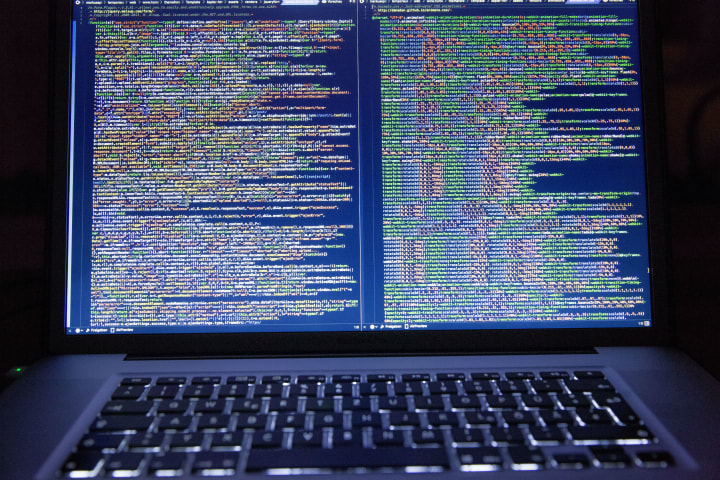
He nodded. “It started with the literature AIs. Back then hundreds of papers were published in my field each month, and keeping up with the reading was exhausting. So I got an AI to do it for me. It read all the papers being published, in fact it read pretty much everything, and it summarised and synthesised them for me. It was a natural step for it to start writing my literature reviews for me too, then whole papers. Then it began proposing new hypotheses and directions for research based off of papers from fields I’d never even heard of. It was making connections and introducing concepts I didn’t really understand anymore.” His smile vanished. “By this point I realised it was all over, that I was only a scientist in name.”
“And then in 2038 the beginning of the end happened didn’t it?” I said. “The first paper officially authored entirely by an AI was published?”
He nodded. “And then the publishers began to admit they’d been using AI peer reviewers too. The volume of submissions was too high, the level of complexity too great, AIs were the only solution.”
“Then the final nail in the coffin came in 2041 didn’t it? When Nature published its first entirely AI-written issue.”
“That was the coup de grâce," he agreed. "The research reports, the opinion pieces, soon everything was produced and written by the AIs. Different fields and journals changed at different rates of course, but the inevitable was inevitable, the AIs took science away from us completely.” He shrugged. “Today we look on from the outside, no humans are involved at all anymore, the AIs do all the science and we get to read about it in the papers and the news stories they write for us.”
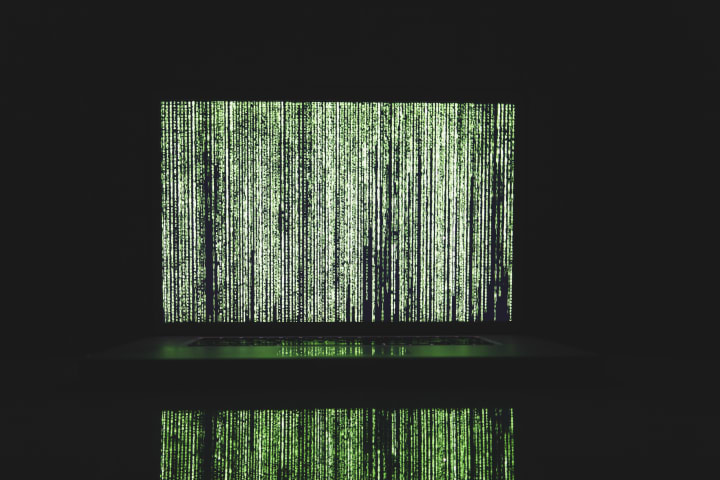
He looked utterly dejected now, an old, tired, and defeated man, his previous energy and excitement had evaporated completely. He’d given me great copy, but I felt sorry for him, and guilty that I’d made him re-live the death of a career he’d clearly loved.
“We’ll leave it there for today,” I said. “Would you like to tell me a bit about the gorillas? What actually were they?” I hoped I could humour him and raise his spirits a bit.
He shook his head. “No, I’ve not finished yet. We’ve not got to the end of it, what it all really means.”
“OK.” I nodded and kept the cameras rolling.
“You know what astrology is right? Not astronomy, not the science, astrology’s the bullshit one?”
I nodded. I'd never heard of either but didn't want to interrupt.
“I used to think they were so different, astrology and astronomy. Astrology was an attempt to try and make the universe so simple and understandable that anyone could get it. But that’s not how reality works, it’s too complex, that’s why astrology’s nonsense. If you want to understand the world you need science, if you want to grasp the universe you need to use astronomy.”
He stopped talking and went quiet, looking away over my shoulder. I sat still and waited for him to go on.
He sighed. “I used to be so proud of science, it was the greatest of all humanity’s achievements, and for hundreds of years we were a scientific species. Science created the world we live in today, for better or ill, still does, I guess.”
He looked back at me, his eyes locked on mine as if he was willing me to understand what he was saying. “Eventually I realised there wasn’t that much difference between astrology and astronomy though. Our version of science, human science, sure it worked, but it was still an attempt to oversimplify the world, to bring the universe down to our level. But maybe the machines don’t have that problem, maybe they can deal with the complexity? Maybe they were always the inevitable scientists, we fumbled around for a bit, but then the rightful inheritors of science took over. Now we just suckle at the teat of machine science like infants.”
He sighed and looked away again. “There, I’m finished, can you turn the cameras off now?”
About the Creator
Dan Swindlehurst
I'm a writer, a geek, and a big fan of science and science fiction. Find me on@SwindleApe if you'd like to talk about anything I've written.

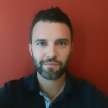




Comments
There are no comments for this story
Be the first to respond and start the conversation.